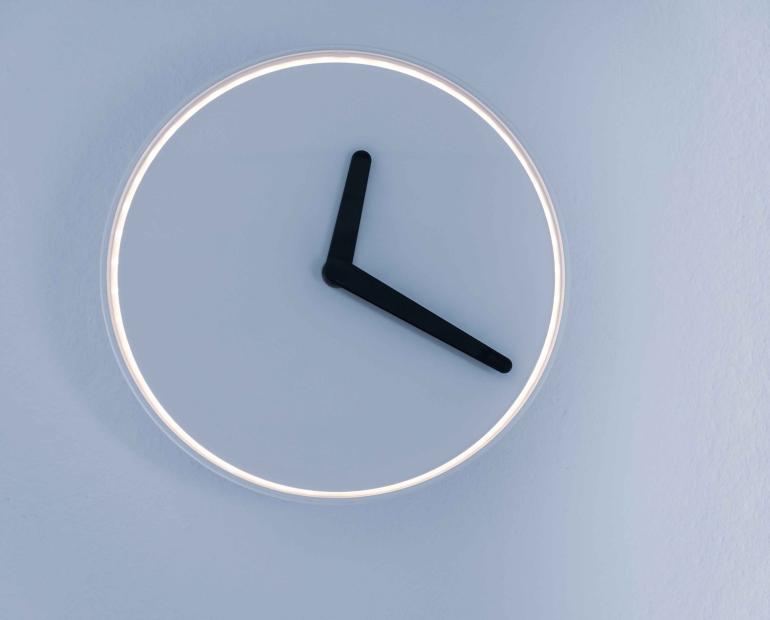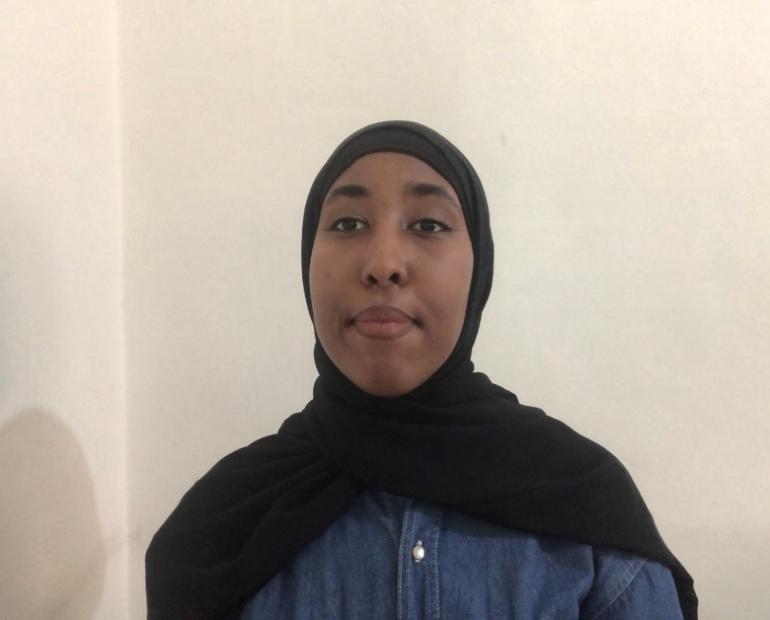
How to not only pass but master your exams...
My teachers have always told me to “study hard!” And for “at least” 1.5 hours per higher level subject a day. I have hated it when they said this. It always sounded as if school should have the greatest priority. Yes school was important for me as I was aiming to study medicine and yes I wanted good grades but I also wanted a life outside of school and free time. So I have worked with my own concept … I have not studied hard but smart. I want to share some of my tips with you!
Just in advance: also if the tips might sound a bit nerdy, I am everything but a nerd. I have not spent my whole day studying and preparing for my exams and I have done many things in my free times like for example sport, reading, meeting friends and spending time with my family.
There are two parts to master your exams. The first is the maintenance of your physical wellbeing: as Buddha once said “To keep the body in good health is a duty otherwise we shall not be able to keep our mind strong and clear”.
Here some tips:
• Drink at least 2 litres of water per day as this will help to ameliorate blood circulations
• Limit drinks such as coffee, black tea and soda drinks as they make you thirsty and hungry but even worse lead to unregular energy peaks (you will feel deenergized and tired after a sudden boost of energy)
• Have a balanced diet that includes proteins, carbohydrates, fats, fruits and vegetables (5 a day)
• Sleep early and for at least 8 hours a day to ensure a good biorhythm
• Exercise at least 3 times a week as this will strengthen the links between your right and left side of the brain – this will enable you to make faster links between different concepts and to memorize things better. In addition to that, it helps blood circulation, respiration and releases many good hormones
• Minimize your use of drugs, smoking and drinking of alcohol as they all lead to very quick and permanent brain damage (e.g. Slower reactions and processing pathways)
• Don’t forget to treat yourself – this will raise endorphins (happiness hormones) and will give you the will and energy to continue studying.
And now we come to studying itself. Here are some tips that have helped me during my time at school:
• If you do not understand something look for help!!! You could ask the teachers, parents, friends, and peers
• Use the materials that you are given (e.g. Textbooks, handouts and study guides). These have been specifically designed by experts and so form an excellent basis for the things that you should know
• If you are aiming for higher grades look for extra materials that you could use. There are a lot of things that can be found online (such as quizzes, videos, podcasts) And there are also plenty of books that treat topics in further detail (don’t worry … you do not have to read the whole book but parts of it can be quite interesting)
• Make studying fun – as nerdy as this might sound – make games out of studying. E.g. By making flashcards, small quizzes, studying with friends. Also, try to get your knowledge from different pools of knowledge and not only books as this is really boring – look for movies, newspaper articles with current examples or even look for practical ways to experience it.
Have fun studying, use your free time for the things that you love to do and good look for your exams!






